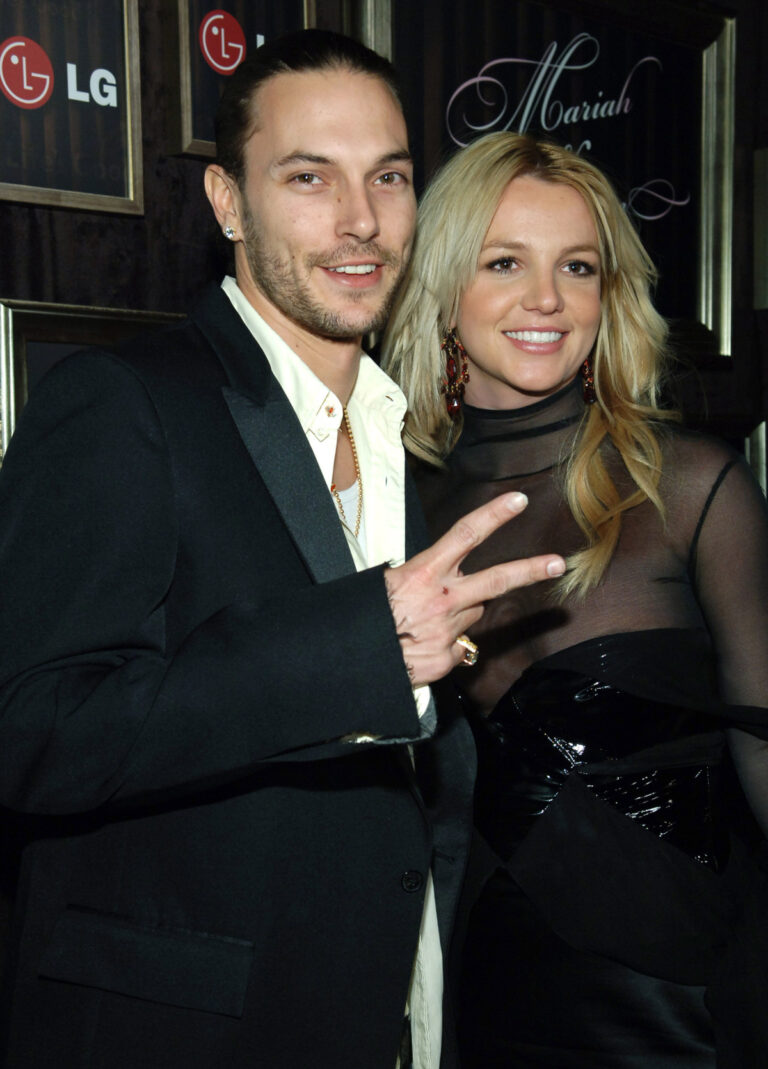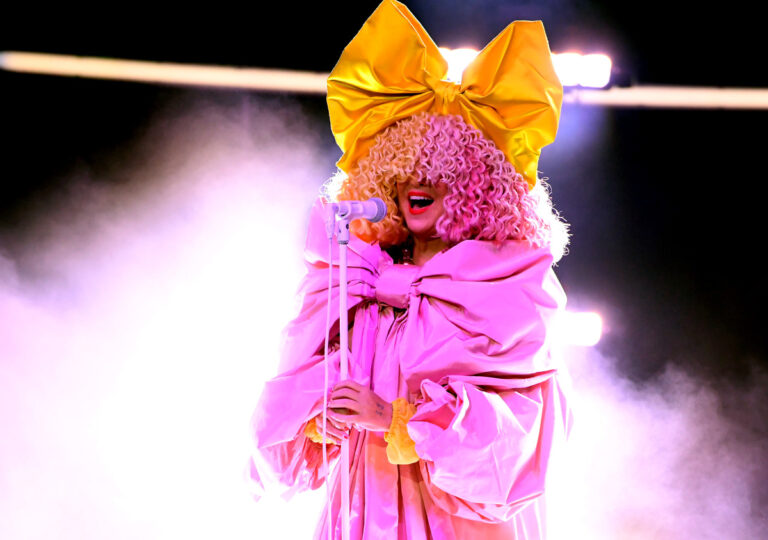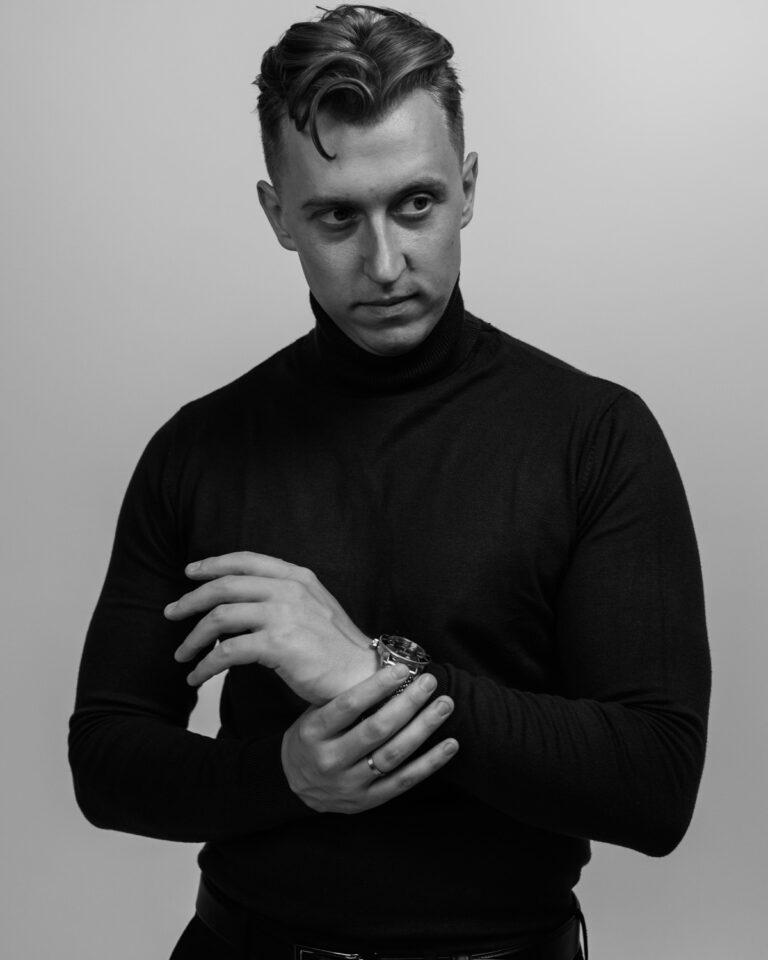In a candid conversation as part of their Apple TV+ series The Me You Can’t See, Prince Harry told Oprah that his wife Meghan Markle the Duchess of Sussex didn’t act on the suicidal ideation she was experiencing while pregnant with their son Archie because she didn’t want to cause Harry further pain in his life.
“The thing that stopped her from seeing it through was how unfair it would be on me after everything that had happened to my mum and to now be put in a position of losing another woman in my life, with a baby inside of her, our baby,” he said.
During their joint interview with Oprah in March, Meghan told Oprah she reached a breaking point. “I just didn’t see a solution. I would sit up at night, and I was just like, ‘I don’t understand how all of this is being churned out’—and again I wasn’t seeing it—but it’s almost worse when you feel it through the expression of my mom or my friends or them calling me crying like, ‘Meg, they’re not protecting you.’ And I realized it was all happening just because I was breathing.”
Prince Harry and Meghan Markle during their sit-down interview with Oprah.
Meghan admitted she was afraid to tell Harry because of his past losses. “Look, I was really ashamed to say it at the time and ashamed to have to admit it, to Harry especially, because I know how much loss he’s suffered,” she said. “But I knew that if I didn’t say it that I would do it—and I just didn’t want to be alive anymore. And that was a very clear and real and frightening constant thought.”
As Harry says in The Me You Can’t See, “The scariest thing for her was her clarity of thought. She hadn’t ‘lost it.’ She wasn’t crazy. She wasn’t self-medicating, be it through pills or through alcohol. She was absolutely sober. She was completely sane. Yet in the quiet of night, these thoughts woke her up.”
Meghan and Harry told Oprah in March about the night they attended a Cirque du Soleil at Royal Albert Hall on January 16, 2019. Meghan was six months pregnant. “I remember him saying, ‘I don’t think you can go.’ And I said, ‘I can’t be left alone,’” Meghan told Oprah in March. “That picture, if you zoom in, what I see is how tightly his knuckles are gripped around mine. You can see the whites of our knuckles, because we are smiling and doing our job, but we’re both just trying to hold on.”
Prince Harry and Meghan, the Duchess of Sussex at Royal Albert Hall on January 16, 2019.
Harry revealed he regrets how he handled that situation.
“I’m somewhat ashamed of the way that I dealt with it,” he says in the docuseries. “And of course, because of the system that we were in and the responsibilities and the duties that we had, we had a quick cuddle, and then we had to get changed and had to jump in a convoy with a police escort and drive to the Royal Albert Hall for a charity event and then step out into a wall of cameras and pretend as though everything’s okay. There wasn’t an option to say, ‘You know what? Tonight, we’re not going to go. Because just imagine the stories that come from that.
Prince Harry and Meghan, the Duchess of Sussex at Royal Albert Hall on January 16, 2019.
“While my wife and I were in those chairs, gripping each other’s hand, the moment the lights go down, Meghan starts crying. I’m feeling sorry for her, but I’m also really angry with myself that we’re stuck in this situation,” Harry said. “I was ashamed that it got this bad. I was ashamed to go to my family. Because to be honest with you, like a lot of other people my age could probably relate to, I know that I’m not gonna get from my family what I need.”
Meghan told Oprah in March that she did, in fact, go to someone at the palace but was turned away. “I went to the institution and said that I needed to go somewhere to get help, said that I’ve never felt this way before and I need to go somewhere, and they said I couldn’t, that it wouldn’t be good for the institution.”
Ultimately, Meghan told Oprah, she spoke publicly about the situation in order to help others dealing with their own mental health struggles. “I share this because there’s so many people who are afraid to voice that they need help,” she said. “And I know personally how hard it is to—not just hard it is but when your voice is silenced, to be told no… This was emails, begging for help, saying very specifically I am concerned for my mental welfare… Nothing was ever done. So we had to find a solution.”
If you or someone you know is at risk, call the National Suicide Prevention Lifeline at 1-800-273-TALK (8255) or text HOME to 741741 to message with a trained crisis counselor from the Crisis Text Line for free.
Источник: www.elle.com







